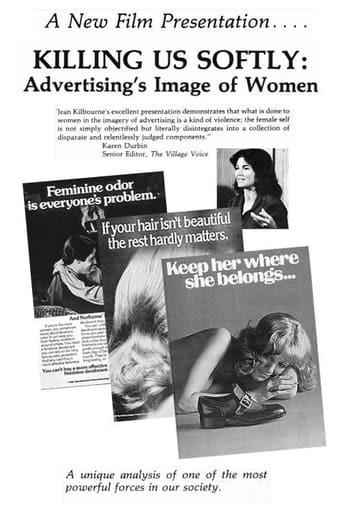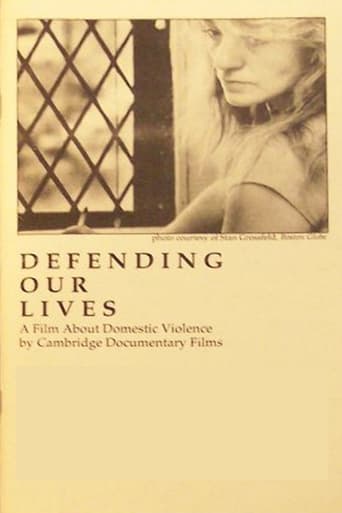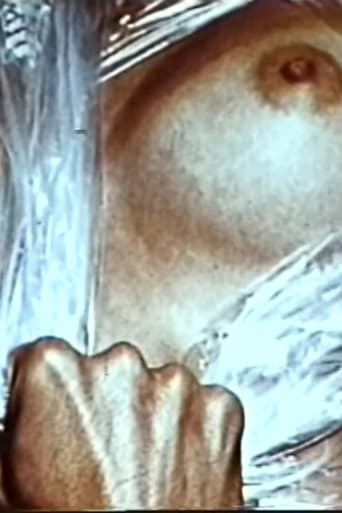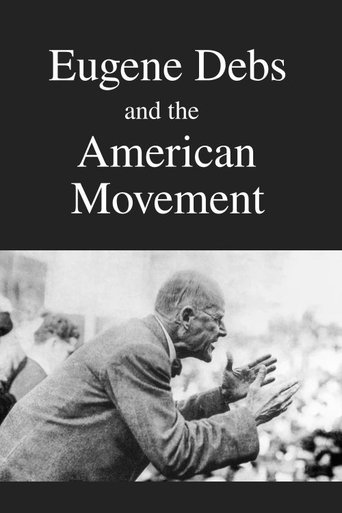Still Killing Us Softly: Advertising's Image of Women 1987
This follow-up to Jean Kilbourne's award-winning 1979 documentary, KILLING US SOFTLY, further probes the harmful effects of stereotypical and sexist images in advertising. Kilbourne conducts a lecture within the film, displaying still images of women, men, children, and violent crime via a slide projector. By emphasizing the dehumanization of women by television's body-image obsession, she teaches viewers how America is taught to categorize women primarily as sex objects.




